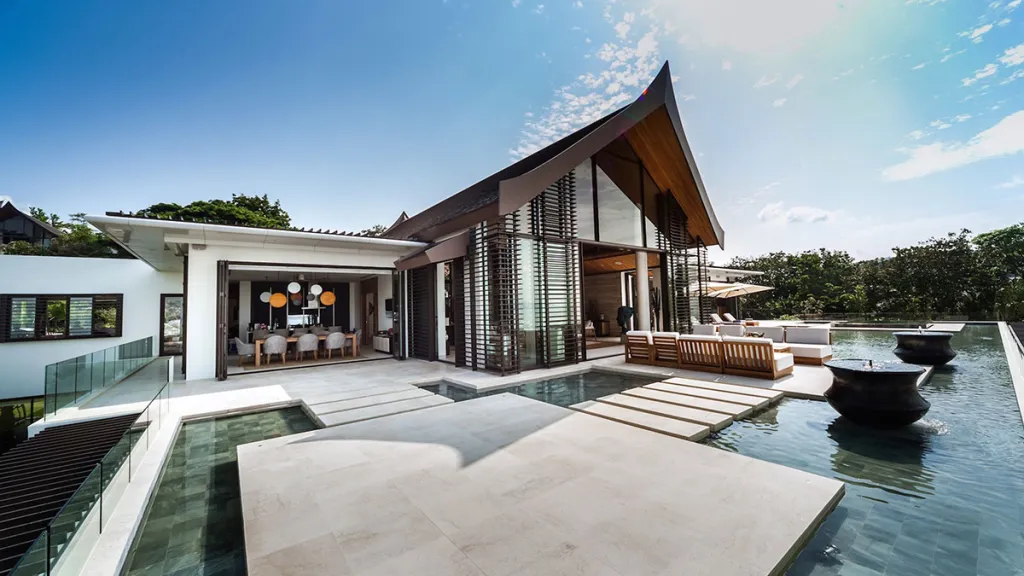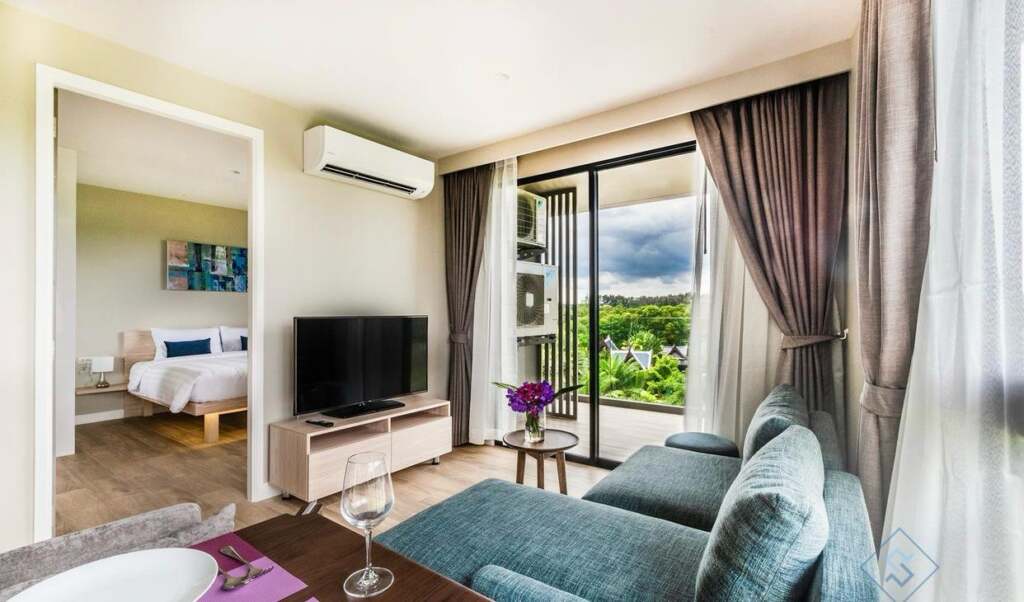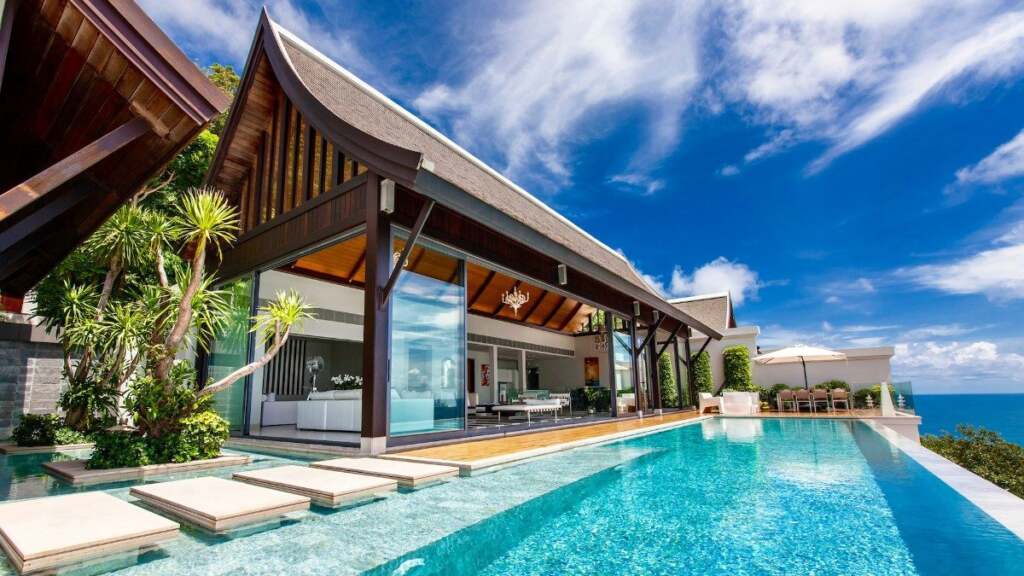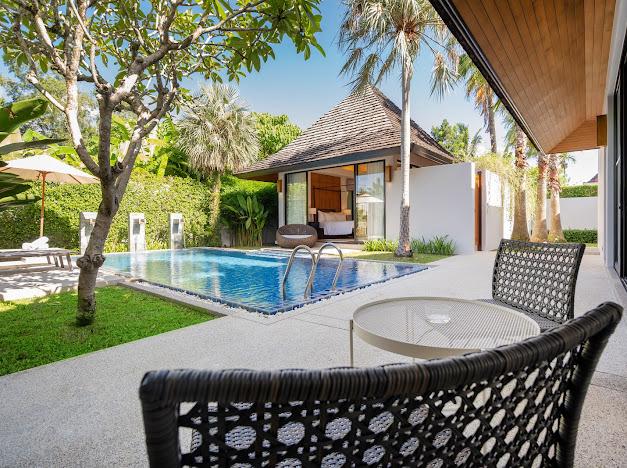What type of tourists are the most common in Phuket, and how does it affect the property market?
Phuket, one of Thailand’s most popular tourist destinations, attracts a diverse range of visitors, but there are specific types of tourists who dominate the island’s tourism scene. Understanding these tourist types helps in evaluating the impact on local property markets, including real estate development, rental demand, and prices. Here’s an overview:
1. Beach and Leisure Tourists
- Demographics: The majority of visitors are leisure tourists who come to enjoy the beautiful beaches, vibrant nightlife, and luxurious resorts. These tourists tend to visit during peak seasons (November to April) and are attracted to places like Patong Beach, Kata, and Karon.
- Effect on Property: The demand for beachfront properties and luxury resorts is high. Real estate developers often focus on building high-end condominiums, villas, and resort-style accommodations to cater to the influx of tourists seeking a premium experience. This can drive up property values, especially in popular coastal areas.
- Short-term Rentals: Properties in prime tourist areas tend to be used for short-term vacation rentals (e.g., Airbnb), which has led to increased investment in properties that cater to tourists. This trend has contributed to higher rental yields, but also increased property prices in some areas, making it more expensive for locals to buy homes.

2. Adventure and Nature Tourists
- Demographics: Many tourists come to Phuket for adventure and outdoor activities like trekking, diving, snorkeling, and exploring the island’s natural beauty. These visitors often seek quieter, less commercialized parts of the island such as Phang Nga Bay, the Phi Phi Islands, and Phuket’s inland jungle.
- Effect on Property: Properties in these areas are more likely to be eco-resorts, boutique hotels, and wellness retreats. This trend can lead to a rise in eco-friendly developments and boutique accommodations, and it may boost demand for properties located near nature spots.
- Sustainability Trends: The rise of eco-tourism can influence property development to be more sustainable and nature-conscious, which may have long-term benefits for the local property market.
3. Cultural and Family Tourists
- Demographics: Phuket also attracts cultural tourists and families looking to explore the island’s temples, festivals, and local culture. This segment includes tourists visiting Phuket Old Town, the Big Buddha, and attending local events like the Phuket Vegetarian Festival.
- Effect on Property: Cultural tourists tend to stay in more mid-range accommodations, including hotels, serviced apartments, and traditional guesthouses. This demographic has led to an increase in developments focusing on family-friendly properties, as well as affordable hotels and resorts. This can help stabilize the property market in less tourist-heavy areas.

4. High-End Tourists and Long-Stay Visitors
- Demographics: Phuket also attracts wealthy tourists and retirees looking for luxury experiences or a place to live for an extended period. This includes long-stay tourists from Europe, Russia, and China who are often looking for high-end villas, private estates, and long-term rental options.
- Effect on Property: The demand for luxury real estate has spurred the construction of high-end villas, private resorts, and premium properties in areas like Millionaire’s Mile, Bang Tao, and Surin Beach. Property prices in these high-demand areas tend to rise, creating a market for luxury developments and high-net-worth individuals. Additionally, this segment often prefers long-term rentals or buying properties for investment or personal use.
5. Digital Nomads and Remote Workers
- Demographics: With the rise of remote working, an increasing number of digital nomads and remote workers have been choosing Phuket as their base. This demographic typically stays for several months at a time and seeks accommodations that offer strong internet connectivity and comfortable living spaces.
- Effect on Property: The demand for serviced apartments, co-living spaces, and properties with work-friendly features has increased. The longer stays of remote workers may drive up demand for mid- to long-term rental properties and influence developers to offer more flexible living arrangements.

6. Party Tourists (Young Backpackers)
- Demographics: Young backpackers and party-goers flock to Phuket for the vibrant nightlife, particularly in areas like Patong Beach. These tourists generally seek budget accommodations, such as hostels and budget hotels.
- Effect on Property: While this group drives the demand for budget-friendly properties and hostels, it also creates a transient rental market. This can lead to increased development of low-cost, high-volume properties and can contribute to the growth of party-centric areas. In contrast, this type of tourism can also lead to congestion and environmental concerns in some areas.
Impact of Tourism on Property Market in Phuket:
- Increased Demand for Short-Term Rentals: The large number of tourists, particularly those in the leisure and adventure categories, has driven demand for short-term vacation rentals. This has led to increased property investment in short-term rental units like condos and villas.
- Rising Property Prices: Areas popular with tourists tend to see a significant increase in property prices. The demand for beachfront properties, luxury villas, and vacation homes has been a key factor in this price surge.
- Local Housing Affordability: The increasing influx of tourists, especially in high-demand areas, can make it more difficult for local residents to afford property. Many local families are displaced due to rising property values driven by tourism-focused development.
- Focus on Luxury Developments: Luxury properties, especially in prime beach locations, continue to be in high demand. This affects the types of developments being built, with a focus on luxury resorts, villas, and high-end condos.
- Seasonal Fluctuations: Phuket’s property market can experience fluctuations depending on the peak tourist season. During off-peak months, rental demand may decrease, impacting the rental income for property owners.

In conclusion, Phuket’s diverse tourist base plays a significant role in shaping the property market. Properties catering to luxury, short-term rentals, and nature tourism are particularly affected, with real estate developers responding by creating high-end and vacation-focused properties. While tourism boosts the property market, it can also make housing less affordable for locals.
Read more about real estate in our previous content on the website : https://cm-topestate.com/patong-properties-a-magnet-for-real-estate/
For further information, don’t hesitate to contact us. You can reach us via WhatsApp at +66 (0) 93-578-6028, send us an email at info.cmtopestate@gmail.com, or visit our website at www.cm-topestate.com. We are always available to assist you.



